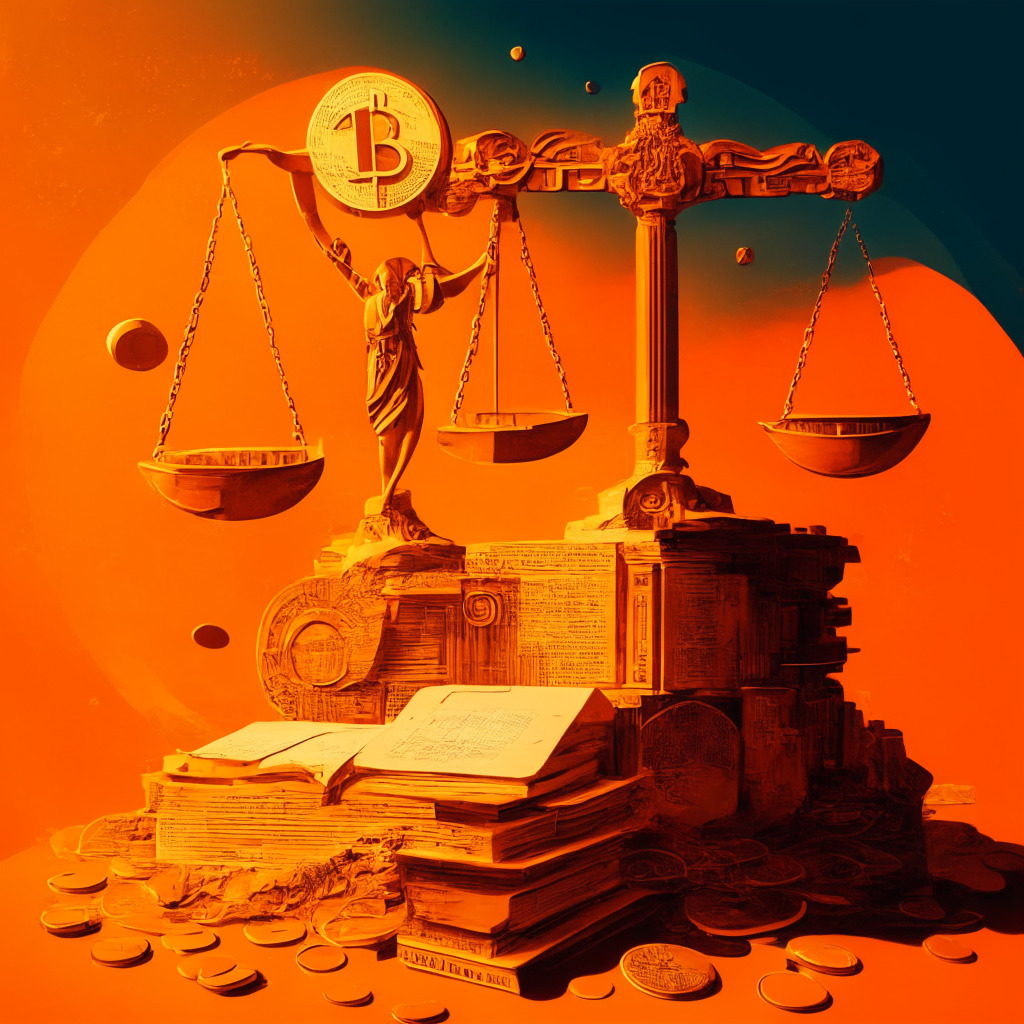The seemingly unending “Crypto winter” is no stranger to the challenges of regulatory scrutiny and court proceedings. Recently, the U.S. Commodity Futures Trading Commission leveled a few decentralized crypto platforms under its regulatory gaze. Strikingly, the hard-hitting allegations are quite divergent from the CFTC’s usually more indulgent persona. Meanwhile, tech advancements are far from stagnant. Consensys has revealed upgrades for MetaMask, its crypto wallet, and Infura, a cryptographic infrastructure platform. The crypto sphere was also abuzz following a regulatory-compliant privacy mixers research proposal by Vitalik Buterin, co-founder of Ethereum.
Despite these strides, Ethereum faces an imminent transformation. It is planning to retire its largest testnet, Goerli, for a new alternative, Holesky. Holesky will present a facsimile of the primary Ethereum network but with lower financial stakes for software developers to test their programs.
Ripple Labs, now basking in the aftermath of its half-court victory over the U.S. Securities and Exchange Commission in July, must prepare to uphold this decision before a U.S. appeals court. Notably, Ripple advances full-steam in the business sphere with its recent acquisition of Fortress Trust, a Nevada-based chartered trust company with a crypto and Web3 focus.
Not long ago, the Commodity Futures Trading Commission indicted three decentralized finance (DeFi) platforms – Opyn, Inc., ZeroEx (0x), Inc., and Deridex, Inc – for operating unlawful derivatives trading services. Oddly enough, a New York court recently dismissed similar allegations against Uniswap. These actions by the CFTC paint a different picture of the regulator, which had previously been seen as less severe.
The tokenized assets market could potentially inflate to $16 billion by 2030, according to a Boston Consulting Group report. Both new-age and conventional financial firms are poised to cash in on this tokenization trend. For instance, both JP Morgan and Mirae Asset Securities are considering venturing into blockchain-based tokens.
However, there’s a dark side to the coin, as seen in recent hacking activities. For instance, Ethereum co-founder Buterin’s X account was hacked, resulting in a loot of $691,000. Meanwhile, the founder of the collapsed Turkish crypto exchange Thodex has been handed an exorbitant sentence of 11,196 years in prison.
Despite the dramas and controversies, numerous blockchain tech upgrades and developments are ongoing, promising a brighter future for this burgeoning space. The critical components include privacy, user experience, and transaction efficiency. A shining example being the Binance’s Ethereum layer 2 network, opBNB, which aims to offer fast and cheap transactions.
Crypto regulation and its associated predicaments remain polarizing topics. On one side, such frameworks guard against malpractices. On the downside, some argue that excessive regulation may stifle innovation in the rapidly evolving crypto landscape. Weighing these dynamics, the ideal approach would hinge on formulating regulation that fosters growth while safeguarding the interests of all stakeholders.
Source: Coindesk




